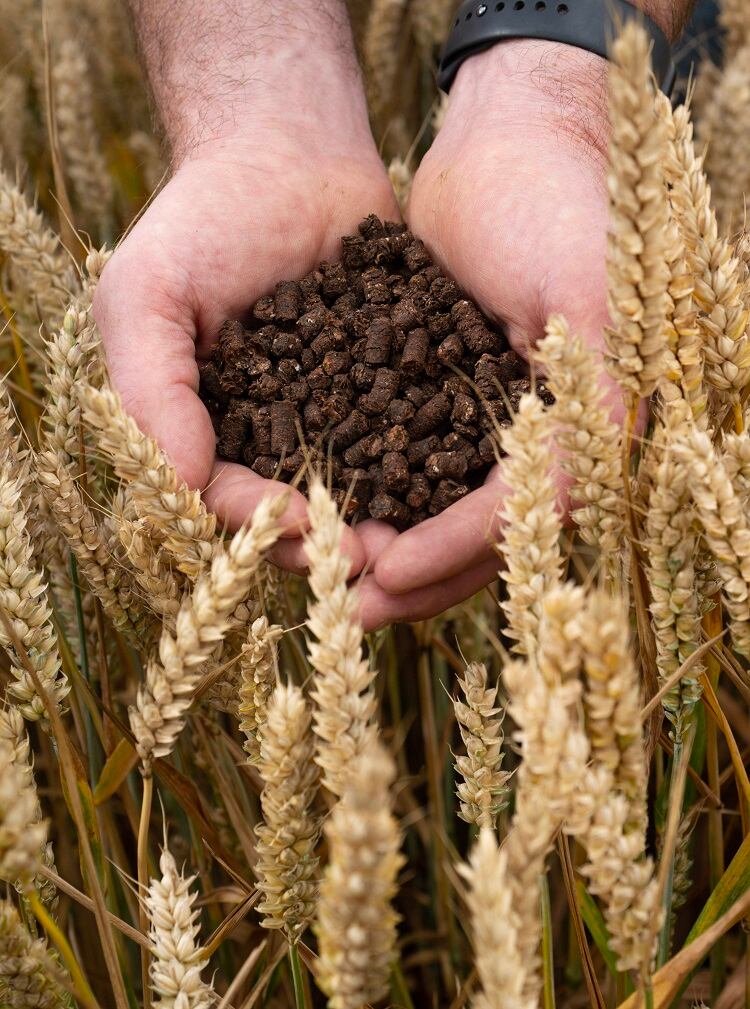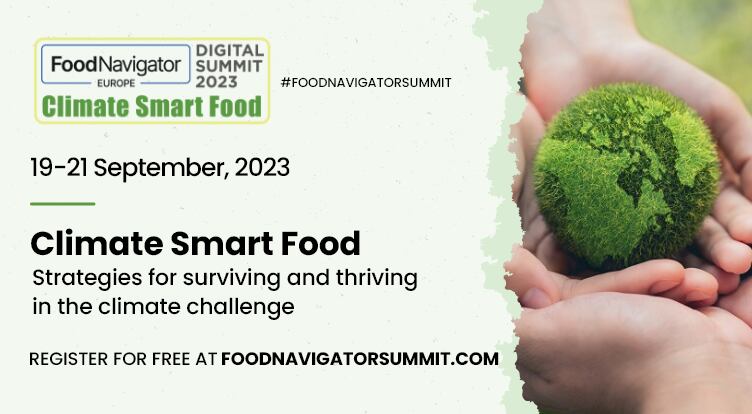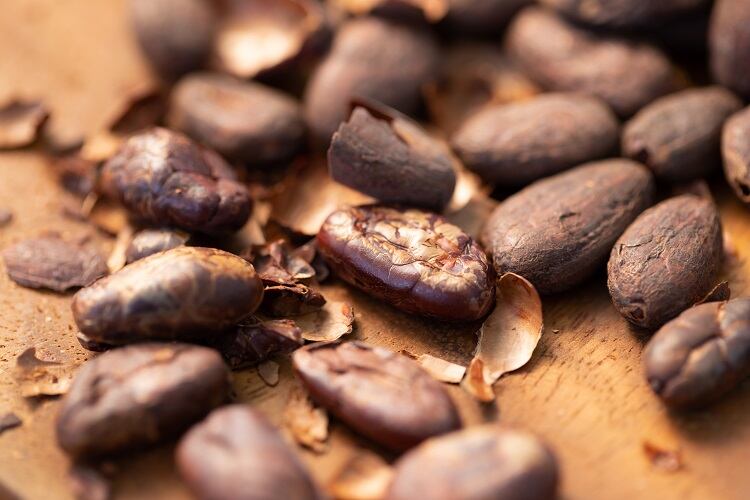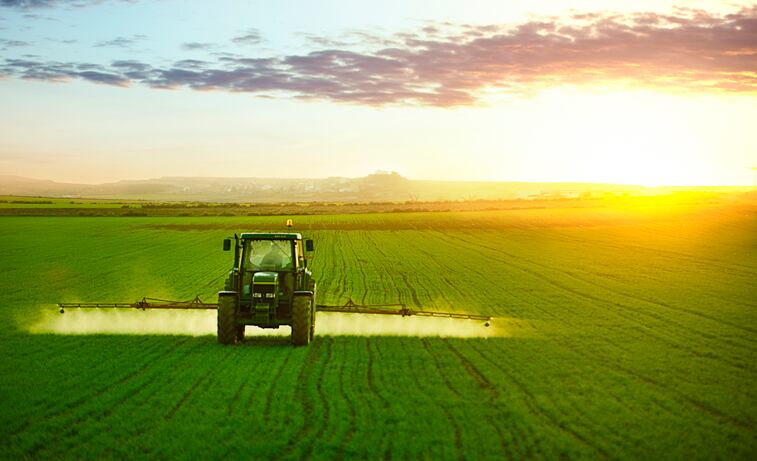Fertilisers are widely used in agriculture to boost productivity, but they come at an environmental cost. Recent research suggests production and use of conventional fertilisers account for around 5% of global greenhouse gas (GHG) emissions.
In response, innovators are rethinking conventional fertiliser production with planetary health and productivity in mind. A new project from Nestlé UK & Ireland and agribusiness major Cargill, together with resource optimisation focused CCm Technologies, is seeking to do just that with an unlikely input: cocoa shells.
Cocoa shells are the main by-product of cocoa. Since they are usually considered waste, cocoa shells rarely make it off the cocoa plantation, or else are used as animal feed. But research suggests cocoa shells can be upcycled into food additives, biofuels, and even agricultural inputs such as fertiliser.
For Nestlé and Cargill’s newest regenerative agriculture project, the mineral nitrogen in conventional fertilisers is being replaced by natural organic nitrogen levels from cocoa shells, Matt Ryan, regeneration lead at Nestlé UK and Ireland told FoodNavigator.
Cargill is supplying cocoa shells to Swindon-based CCm Technologies, which has already processed and pelletised a trial volume into fertiliser.

Over a period of two years, Cargill and Nestlé will assess the impact of the new low carbon fertiliser on crop production, soil health and GHG emissions reduction.
The trials were designed and are being overseen by York-based Fera Science Ltd, and are currently taking place on arable farms in Suffolk and Northamptonshire that supply Nestlé with wheat. These trials will assess the impacts on soil diversity and GHG emissions compared to conventional products applied on the same farms.
If the trial is successful, it is estimated up to 7,000 tonnes of low carbon fertiliser could be produced and offered to farmers in Nestlé’s UK wheat supply chain, which accounts to around 25% of Nestlé UK’s total fertiliser use for wheat.
Richard Ling, farm manager at Rookery Farm in Wortham in Norfolk, who supplies wheat to Nestlé pet food brand Purina, has already completed a season’s wheat cultivation using the new fertiliser. “We’ve compared two parts of the field, one which uses the cocoa shell fertiliser, and one which used the conventional fertiliser, and there is no significant different in the yield so we can see it works.
“We are really reassured with the results and are looking at running further trials. It’s a step change to be able to use a fertiliser made from a waste stream and see the same results as using a conventional product.”
As to whether Nestlé would consider selling the low carbon fertiliser to players outside its network, Ryan told us the company’s supply chain will be prioritised. “But we are looking for opportunities to expand this project to other waste streams, and potentially to collaborate with other partners to bring this technology to scale and make the low carbon fertilisers accessible to a larger proportion of UK farmers.”
Want to learn more about decarbonising supply chains? Register here for our free-to-attend Climate Smart Food digital event 19-21 September.




